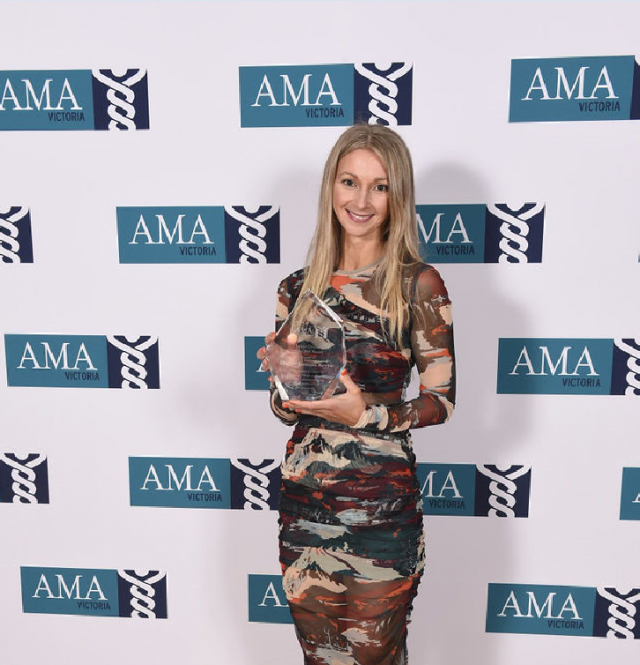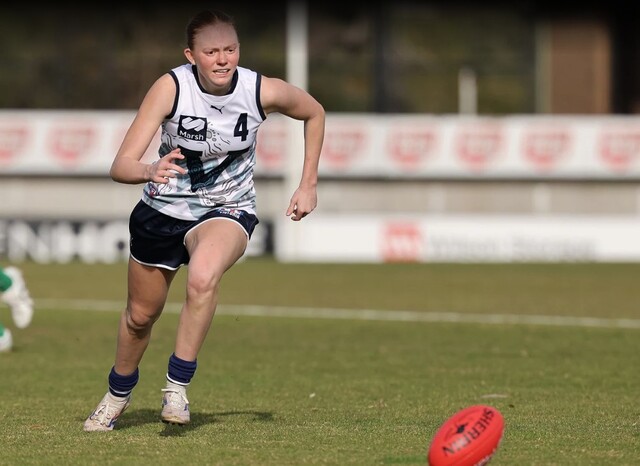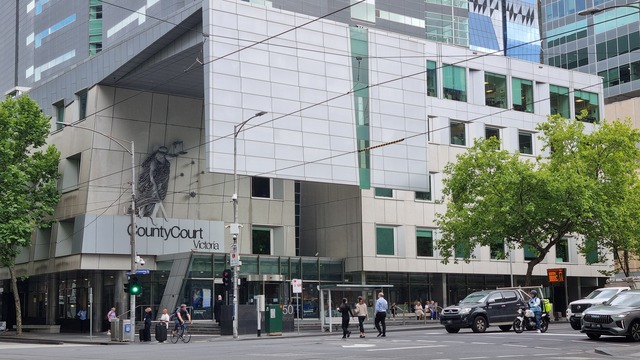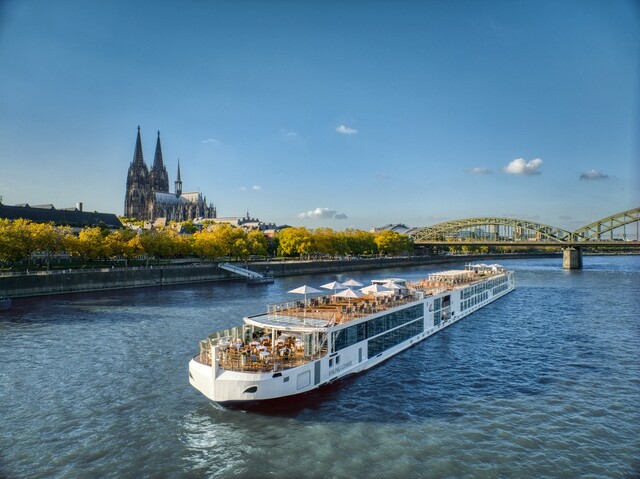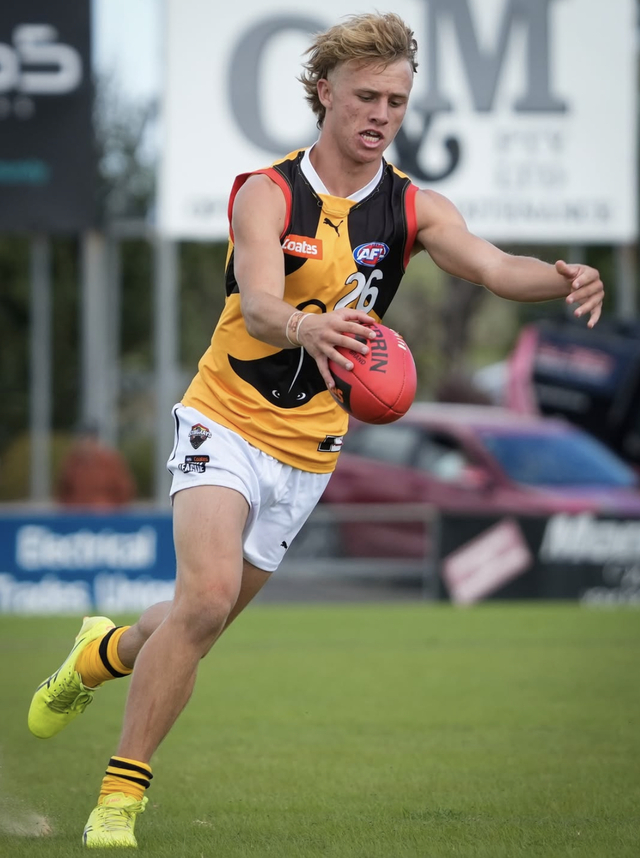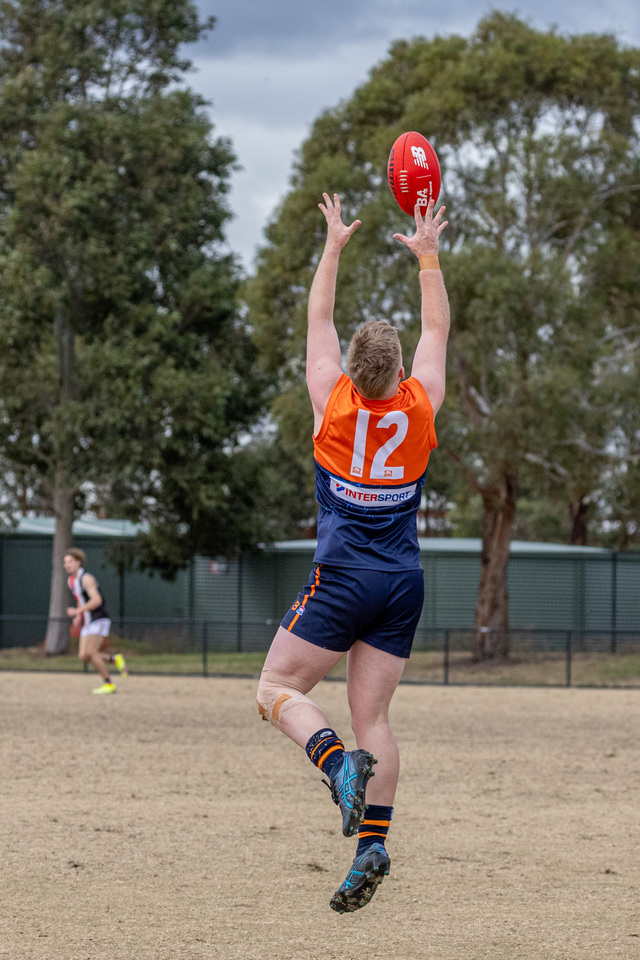A Dandenong resident of 15 years has won 2022 Victorian Doctor of the Year.
Jasmina Klevric went to school at Noble Park Secondary College before spending five years at Melbourne University’s medical school.
All the hard work was done in pursuit of a lifelong goal to become a doctor.
A Bosnian refugee forced to flee her homeland with her family during the civil war, Ms Kevric remembers the moment that catalysed her ambition.
A grenade hit the family home when Ms Kevric was primary school aged and she remembers feeling “helpless”.
Members of her family were wounded and she wanted to assist.
“To this day I remember that experience – it stays with someone forever,” Ms Kevric said.
“I think every refugee has an experience they carry with them for the rest of their lives which either makes you or breaks you – for most people they use it as a drive for greatness rather than the opposite.”
Even upon learning how much hard work was involved, she never wavered.
As well as medicine school, she completed a masters of public health and diploma of anatomy to help make her dream career a reality.
Now a surgeon based at Austin Hospital, she is balancing parenting a 15-month old daughter with her career.
To receive the award, candidates need to be nominated by at least two colleagues before the successful applicant is determined by a panel of four judges.
Ms Kevric was deemed to give back to the community and profession the most making her the winner.
Beyond her normal work, which has included working on the Covid-19 front line recently, Ms Kevric has conducted several research studies including one into the mental health of surgeons, which won the reputable Marshall Prize.
Cherishing the opportunity Australia gave her as a refugee, part of Ms Kevric’s work has also included co-founding the Footprints Enterprise in 2008.
The enterprise seeks to address seeks to address racial tension and increase social inclusion of primarily refugee youth through the creative arts.
“My experience is one I hope no one goes through so I want to send the message out that having a childhood that’s a bit altered doesn’t mean that the rest of your life has to be,” she said.
“Ten per cent of surgeons are women and I do have a sense of responsibility as a surgeon to change that figure and make it easier for the next generation; and a responsibility for fellow refugees.
“I want to make it easier for others.”

